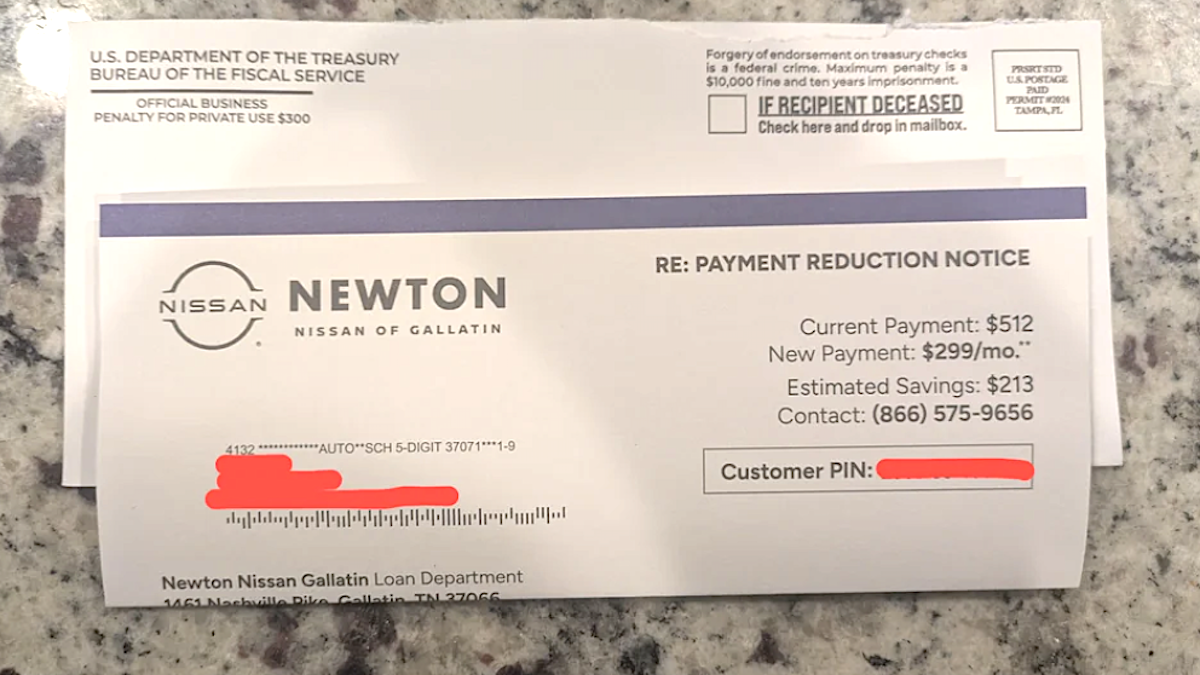As society changes, work practices become more esoteric, and numerous jobs are commonplace, WeCrashed feels blessed with celestial levels of good timing even within the startup dramatization golden age. With this particular piece of programming, Apple seems to have embraced an ethos that defines WeWork, the office rental startup.
As far as corporate startups are concerned, WeWork is the stuff of legend, and this series embraces that dramatic potential. Nowhere does this ethos come through more strongly than in the visual contributions of the production design from Amy Williams. Individualized workspaces, communal meeting rooms, and a free-flowing non-linear aesthetic define this bold step forward. Audiences are also offered an insight into character early on, as wealth is used like a blunt instrument to silence naysayers and influence public opinion. However, what will keep audiences glued to this big business melodrama comes down to the man behind it all.
Founded by Israeli entrepreneur Adam Neumann in 2010 alongside Miguel McKelvey, the company promised to revolutionize workspaces by bringing people together as a collective. However, this concept required venture capitalists, a bottomless pit of cash, and serious amounts of faith in one man seemed to be a major sticking point. What turned this fool’s errand into a goldmine came down to staggering levels of self-belief, unfettered amounts of charisma, and the ravenous vision of Adam Neumann, who wasn’t afraid to break a few eggs on the way to an omelet.
With Adam Neumann, as with Steve Jobs, these filmmakers needed someone who would embrace the unique qualities that this particular visionary personified. By casting Jared Leto in the central role, this series immediately catches fire with Leto’s ethereal aura inhabiting the Israeli wunderkind to create something truly unique. With bare feet and loose-fitting garments, his embodiment of Neumann is akin to a corporate guru. Pontificating, engaging, and never less than riveting throughout, Leto brings a reality to this man that will get audiences on his side in minutes.
Business types are left befuddled, cutting-edge business leaders are sucked in by his self-confidence, while Neumann exudes optimism. There is no panic, there is no drama, and budgets are treated with the appropriate disdain, even when WeWork seems on the brink of bankruptcy. Buzz words are thrown around like so much confetti, as this one-man business empire runs rings around old money whilst convincing the curious to invest in him regardless.
As for Anne Hathaway, who stands alongside Leto as Neumann’s partner Rebekah, she makes a conscious effort to strip away her charisma. There are no extraneous feelings implying a maternal instinct, but instead, an overwhelming sense of steely determination, verging on the obsessive. Sleek, beautiful but single-minded of purpose and deadly, she defines Rebekah as a reflection of her husband’s ambitions. There are ample opportunities in flashback for these titans to be given more definition through failings and flaws, but ultimately these add little in dramatic terms.
More than anything, WeCrashed is entertaining in its depiction of corporate excess, where affluence and opulence so often get confused with solvency. That is how a company like WeWork got extravagantly valued and yet pulled out of going public at the last minute. As a cautionary tale or big business fable, WeCrashed also serves as a textbook guide on how not to do things.
Although the company is now worth 3.2 billion dollars as of 2020, Neumann’s mismanagement, which shied away from any fundamental principles of business, meant that rules were bent to breaking point in the pursuit of greatness. This is where the drama exists in WeCrashed, beyond those two polished performances from Hathaway and Leto. Change in any sense is inherently dramatic whilst innovation, although grammatically placid, infers a degree of change that is equally disruptive, if not combative in nature.
This is what makes WeCrashed such a striking piece of television, which could only really exist in a world where streaming platforms are dominant. Television networks rely on big business advertising, meaning that any criticisms are likely to impact creative freedom. These rules have less bearing with Apple, Amazon, Netflix, and the rest, provided you don’t disrespect an iPhone on Tim Cook’s watch.
Any number of Adam Neumann wannabes are welcome, bringing with them contentious ideas, dramatic reinterpretations, and more importantly, change. Not for anything as self-serving as ego, but with the intention of breaking down creative walls in pursuit of something new.










Published: Mar 16, 2022 07:09 pm